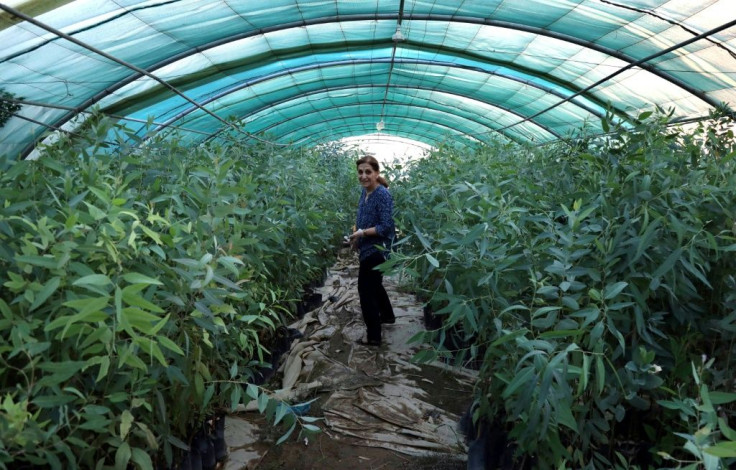Plants Panic When It Rains, Scientists Reveal In New Study

Plants display panic-like behavior when it’s raining or when they get wet, a new study has revealed. The authors of the study also learned that plants warn other nearby planets during this type of situation.
The findings of the new study may seem bizarre especially since water plays a huge role in the growth and development of plants. However, according to biochemist Harvey Millar of the University of Western Australia, plants display a form of defense mechanism every time it gets watered.
Millar and his team came up with this conclusion after simulating rain using a spray bottle. They discovered that after watering the plants, their genes caused various chemical reactions that affected their protein creation and hormone balance. As a result, some of the plants that were watered too frequently displayed delayed flowering and stunted growth.
According to the researchers, the plants reacted in a panic-like manner due to a natural coping mechanism. Millar explained that plants react this way due to the presence of bacteria and diseases in the water.
“In the future, we’ll really be able to understand how plants are coping with rain, because rain can bring disease,” Millar said in a statement. "It can bring a whole variety of other factors, which affect plants."
“We’ll be able to equip plants to interact with their environment in a different way than they do at the moment,” he added.
In addition to the plants’ reactions, the researchers also noticed that they send warning signals to nearby plants whenever they get watered. According to Millar, the plants he and his colleagues tested for the study were able to communicate with one another by releasing natural airborne chemicals.
Millar noted that by doing so, the plants were able to warn others in order to prevent the spread of diseases.
“If a plant’s neighbors have their defense mechanisms turned on, they are less likely to spread disease so it’s in their best interest for plants to spread the warning to nearby plants,” he said.
The findings of the researchers regarding the plants’ reactions to water were detailed in a study published in the journal Proceedings of the National Academy of Sciences.
© Copyright IBTimes 2025. All rights reserved.





















